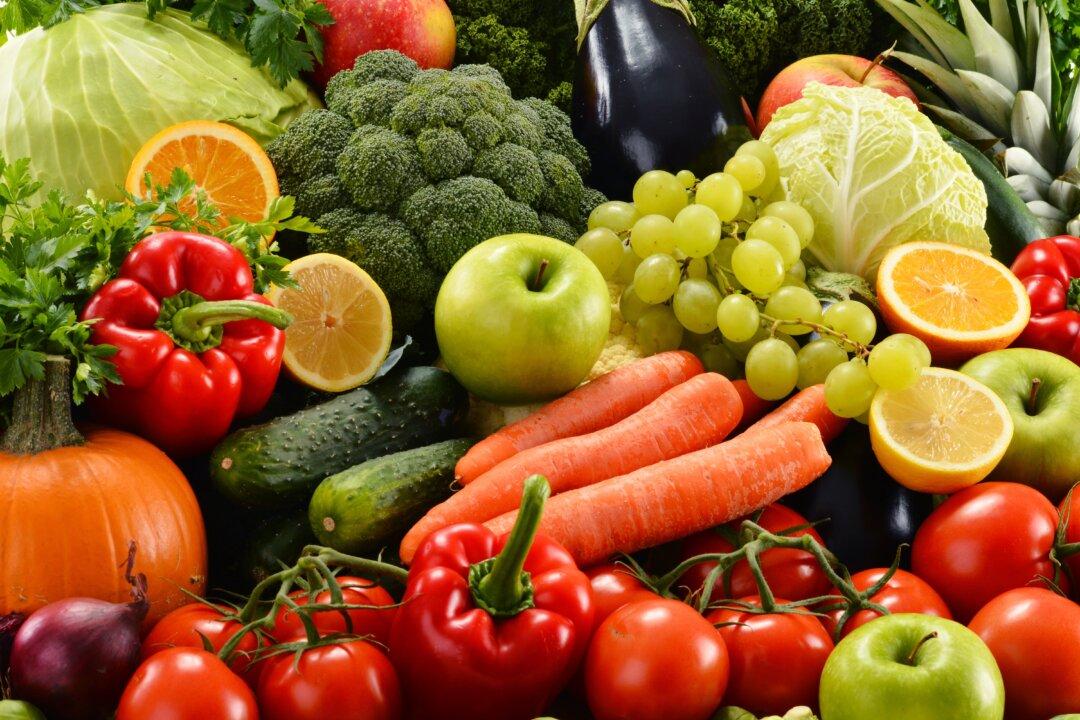The greatest ally against chronic disease may be found in your everyday diet, from fresh, raw fruits and vegetables to popular beverages such as coffee and green tea.
Because just as we grow our bodies from the food we eat, we grow many of our sicknesses in the same manner.





